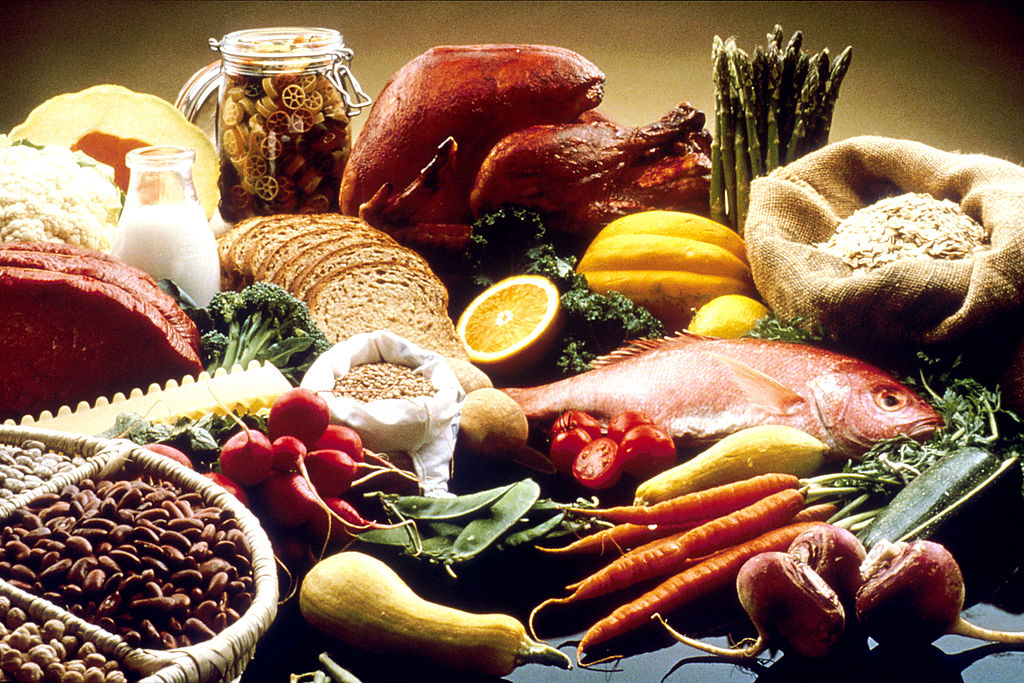Contributing Writer Everly Kessler, ’21
In light of the coronavirus outbreak, officials across the nation are pressed with the notion of how they are to feed millions of home-bound students who typically rely on school meals. People are focusing heavily on this issue because it’s of prominent interest and concern. But what about when summer comes and kids are meant to be stuck at home, should schools be responsible for providing healthy meals to their students who need it? The answer is perfectly clear and practically indisputable when considering the plethora of young minds and bodies which are annually neglected once schools close for the summer.
The problem for nearly 22 million kids across the nation is that their parents’ incomes cannot afford the expanded grocery lists which come with having kids home all day long. Once school-provided food security vanishes with the arrival of summer, most families succumb to the unfortunate fates of fast food diets or hunger. This inevitable summer food drought progresses the dangers of childhood obesity and creates improper nutritional habits. In fact, over 32 percent of Americans ages 2-19 are obese and a great portion comes from low-income families who resort to fast food to feed their children. Childhood obesity leads to dire concerns such as heart failure, diabetes, and similar preventable illnesses.
As a result of high obesity rates, the U.S. government spends over $150 billion each year in health care for obese Americans alone. This number could be drastically reduced if schools invested in summer meal programs that would offer healthy foods to kids who might otherwise fall victim to commercial food. Just think, if even a micro-fraction of the health care aid was redistributed to create sustainable summer meal programs, the results would impress as more kids will learn the ways of healthy eating and will benefit from it. Teaching kids now about healthy eating and allowing them to experience it year-round will inevitably inspire a healthier future generation of adults who will teach their kids the same.
The No Kid Left Hungry organization runs summer meal programs and they have been able to help millions of kids. However their funds aren’t exponential and they cannot reach every kid. However, if schools pitched in, school buses could deliver meals to students and even home-schooled kids who need healthy meals as well.
Every summer 6 out of 7 kids won’t get the nourishment they need. The impact of such a dangerous cycle has effects beyond the summertime as studies show that students who miss breakfast are more likely to become sick, inattentive, and disruptive when they return to class. Unquestionably, school-stemmed summer meal programs are essential in helping kids get the nutrition they desperately need.
Sources:
- Carroll, Aaron E. “Childhood Obesity Is a Major Problem. Research Isn’t Helping.” The New York Times, 20 Jan. 2020.
- “The Childhood Obesity Numbers.” The New York Times, 2 June 2008.
- “Summer Hunger: Help to End Summer Hunger.” Feeding America.






























